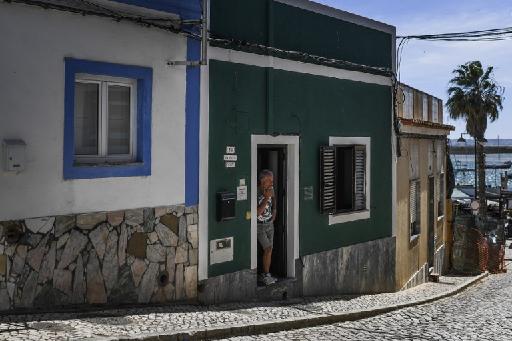Portugal's mounting Delta variant infections mean it should be considered just as worrying as India, Brazil and South Africa, according to infectious diseases specialist Erika Vlieghe.
In these countries, variants of the coronavirus are now dominant and the epidemic is gaining ground, Vlieghe - who also chairs of GEMS health experts group - pointed out on Friday on Radio 1's "De Ochtend" programme.
Travel is "an important risk factor", she said. "It all depends on how you travel and what you do there. Travelling around Brittany with two people in a mobile home is not the same as going out every night to a seaside resort in the south."
For Vlieghe, Portugal is a risky destination, just like countries further afield.
"There is a list of countries where worrying variants of the coronavirus, such as the Delta variant, are circulating in large numbers and where the epidemic is gaining ground. India, South Africa and Brazil are included, as are other countries outside Europe. But Portugal is also ticking the same boxes," argued the infectious disease specialist.
Currently, people travelling to Portugal from Belgium by plane must have a negative PCR test or, since 1 July, a European certificate of vaccination against Covid-19. For travel by car, the test is not mandatory but "strongly recommended".
Related News
- Belgium considering stricter measures for travellers returning from Portugal
- Travellers had major role in starting Europe's second wave last summer, study shows
Since Friday, a night-time curfew has been in force again in 45 Portuguese municipalities, including Lisbon.
Cafés and restaurants must close their doors at 10:30 PM on weekdays and 3:30 PM at weekends. The measure aims to counter the rebound of the epidemic, as Portugal passed the 2,000 new cases mark in 24 hours on Wednesday. This is the highest number of infections recorded since mid-February, when the country of 10 million people was under a general lockdown.
As for vaccination, more than 50% of the Portuguese population has already received a first injection and 32% is fully vaccinated, according to data from the General Health Directorate (DGS).
The Brussels Times

